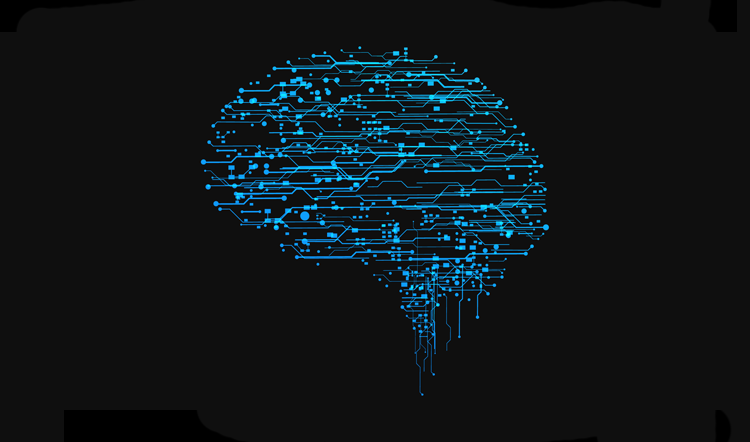
Unveiling the Influence of Neural Networks on AI Learning
In the realm of artificial intelligence (AI), the term “neural networks” often emerges as a pivotal force shaping the landscape of machine learning. Understanding how neural networks impact AI learning is essential for grasping the intricacies of this rapidly evolving field. In this article, we delve into the profound influence of neural networks and their transformative role in AI education.
The Neural Network Revolution
Neural networks, inspired by the human brain’s neural structure, have revolutionized AI learning methodologies. These intricate networks of interconnected nodes, or “neurons,” mimic the brain’s ability to process and analyze vast amounts of data. Through layers of interconnected neurons, neural networks can extract patterns, make predictions, and perform complex tasks with remarkable precision.
Enhancing Learning Capabilities
Neural networks serve as the cornerstone of AI learning models, enabling machines to acquire knowledge and improve performance over time. By leveraging algorithms such as backpropagation and gradient descent, neural networks continuously refine their parameters based on feedback, enhancing their learning capabilities with each iteration. This adaptive learning process allows AI systems to recognize patterns, understand contexts, and make informed decisions autonomously.
Applications Across Industries
The impact of neural networks extends across diverse industries, driving innovation and transformation in various domains:
- Healthcare: Neural networks power diagnostic systems, analyze medical images, and predict patient outcomes, revolutionizing healthcare delivery and improving patient care.
- Finance: AI-driven neural networks optimize investment strategies, detect fraud, and personalize financial services, enhancing efficiency and security in the financial sector.
- Automotive: Autonomous vehicles rely on neural networks for perception, navigation, and decision-making, paving the way for safer and more efficient transportation systems.
- E-commerce: Recommendation systems powered by neural networks personalize shopping experiences, predict consumer preferences, and optimize product offerings, driving sales and customer satisfaction.
Challenges and Opportunities
Despite their transformative potential, neural networks present challenges such as data bias, scalability issues, and computational complexity. Addressing these challenges requires ongoing research, collaboration, and ethical considerations to harness the full potential of AI learning.
However, the opportunities presented by neural networks are boundless. From advancing medical diagnostics to optimizing supply chains, AI-driven neural networks are poised to revolutionize industries and enhance the quality of life globally.
Conclusion
In conclusion, the impact of neural networks on AI learning is profound and far-reaching. As neural network technology continues to evolve, so too will our understanding of AI capabilities and its potential to solve complex problems, drive innovation, and shape the future of society.
Stay tuned for more insights into the dynamic world of artificial intelligence and neural networks as we explore the limitless possibilities of AI learning. Embrace the neural network revolution and unlock the transformative power of AI for a brighter tomorrow.
You may also like
Archives
Calendar
| M | T | W | T | F | S | S |
|---|---|---|---|---|---|---|
| 1 | 2 | 3 | 4 | |||
| 5 | 6 | 7 | 8 | 9 | 10 | 11 |
| 12 | 13 | 14 | 15 | 16 | 17 | 18 |
| 19 | 20 | 21 | 22 | 23 | 24 | 25 |
| 26 | 27 | 28 | 29 | 30 | 31 | |
Leave a Reply